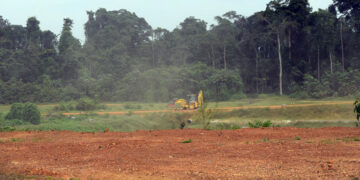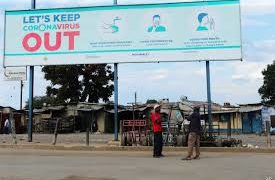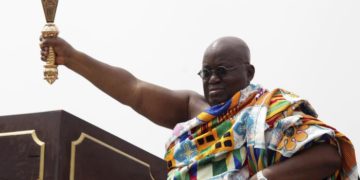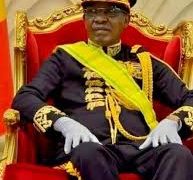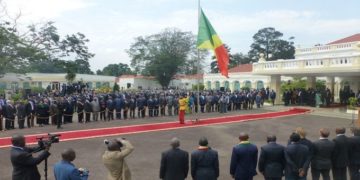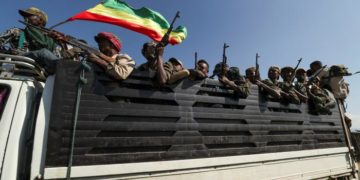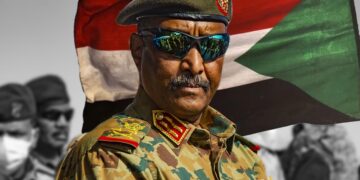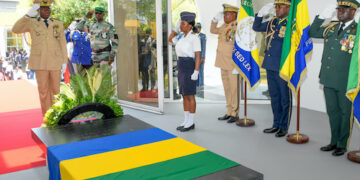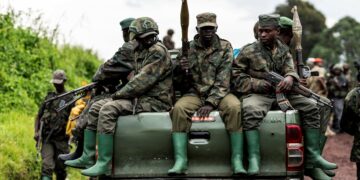The Central African Republic has declared a 15-day state of emergency throughout the country.
The decision comes as a coalition of armed groups tried to take control of the Capital Bangui and overthrow re-elected President Faustin Archange Touadéra.
The announcement was made Thursday January 22, 2021 over the National Radio by the spokesperson for the presidency of the CAR, Albert Yaloké Mokpeme.
“The state of emergency was applicable throughout the country for a period of 15 days from midnight January 21 until February 4,” Mr. Yaloké said.
An Alliance of six armed groups recently carried out sporadic attacks in towns far from the capital and on the RN3 highway, the crucial supply line linking Bangui with neighbouring Cameroon.
President Archange Touadera, was reelected in a contentious vote in December 27, 2020 and was repelled by the opposition and several armed groups.
Militias claiming to represent ethnic or other groups control two-thirds of CAR’s territory, raising queries about government’s control of the vast mineral rich central African country.
The UN envoy to the Central African Republic Mankeur Ndiaye, on Thursday called to the Security Council for a “substantial increase” in the number of peacekeepers deployed in the country, after recent deadly attacks by armed groups.
The increase must be accompanied by “greater mobility” in a very large country, added the UN representative.
At least 100,000 people have fled their homes in the country as a rebel coalition calling for the resignation of the president launches attacks.
Most of attacks have been foiled by a combined operation of UN peacekeepers and government soldiers, there have however been a few blue helmet casualties.
The security forces in the Central African Republic are mainly trained by the European Union and Russian instructors

